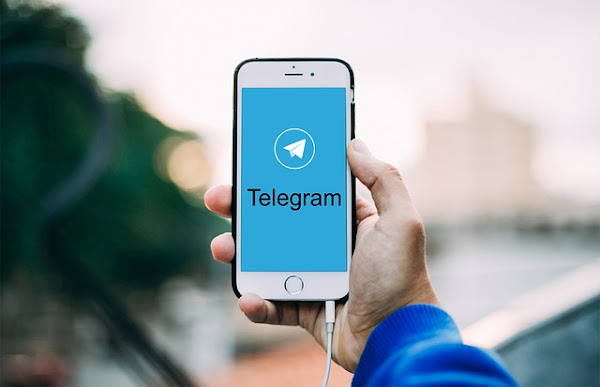On Thursday, March 3, the popular messenger Telegram experienced a failure. Users reported about the problems on the website of the service Downdetector, which tracks problems with access to Internet resources.
According to Downdetector, the failure occurred at about 14 o'clock Moscow time. The majority of those who left complaints (56 percent) reported problems with the server connection. Users also noted problems with receiving messages (22 percent) and the operation of the application (23 percent).
The failure affected residents of Russian cities, including Moscow and St. Petersburg. Users from Ukraine and Belarus also complained about the problems.
The other day Pavel Durov published the following statement: "We do not want Telegram to be used as a tool to exacerbate conflicts and incite interethnic discord. In the event of an escalation of the situation, we will consider the possibility of partially or completely restricting the operation of Telegram channels in the countries involved during the conflict."
According to him, recently Telegram has been increasingly used to spread fakes and unverified data related to the war, and the administration does not have the opportunity to check all publications for authenticity.
However, soon Durov promised not to limit the work of the messenger in Ukraine.
According to him, "a lot of users have asked us not to consider disabling Telegram channels for the period of the conflict, since we are the only source of information for them." But he urges users to "double-check and not take for granted the data that is published in Telegram channels during this difficult period."
It is worth noting that in the week since the beginning of Russia's military operation in Ukraine, news channels in the Telegram messenger have added 19.5 million new subscribers. Another Russian social network, created at the time by Pavel Durov, is experiencing a new surge in popularity due to technical problems of other social networks. In VK, views in the news feed increased by 5% over the week, and the average daily number of video views increased by 15%. People are looking on platforms for up-to-date information from media that are subject to hacker attacks, and from eyewitnesses of events.
Earlier, CySecurity News reported that three popular foreign social networks - Facebook, Instagram and Twitter began to receive complaints from residents of Russia in large numbers.









